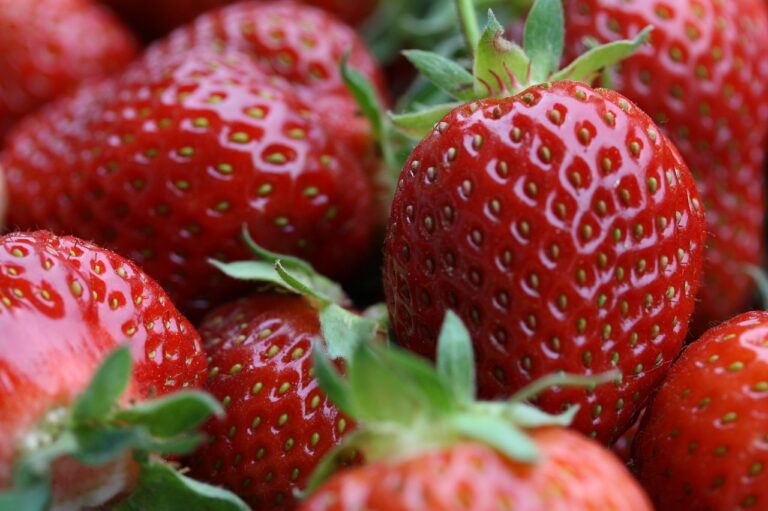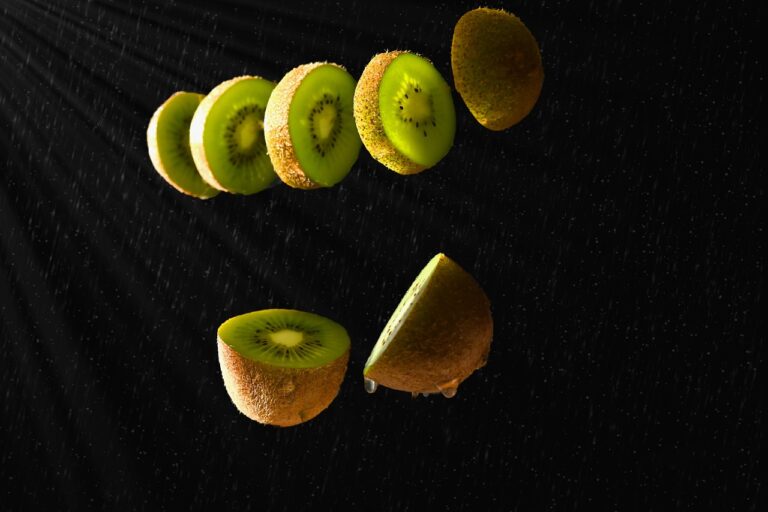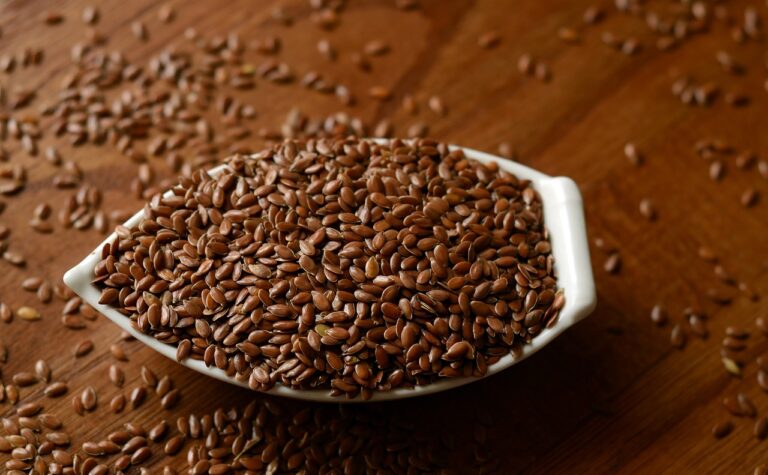Analyzing the Impact of Pet Food Formulation on Dental Health: Allexchange bet, 99 exchange login, Allpanel com
allexchange bet, 99 exchange login, allpanel com: Analyzing the Impact of Pet Food Formulation on Dental Health
As pet owners, we want nothing but the best for our furry friends. From regular vet check-ups to daily walks, we do our best to ensure they are happy and healthy. However, one aspect of pet care that often gets overlooked is dental health. Just like humans, pets can suffer from dental issues if their oral hygiene is not properly maintained.
One crucial factor that plays a significant role in the dental health of our pets is the formulation of their food. The ingredients and nutrients in their food can have a direct impact on their teeth and gums. Let’s take a closer look at how pet food formulation can affect their dental health.
1. Importance of Dental Health in Pets
Before we delve into how pet food formulation can impact dental health, it’s essential to understand why dental health is crucial for our pets. Poor oral hygiene can lead to various dental issues such as plaque buildup, gum disease, tooth decay, and bad breath. These issues can not only be painful for our pets but can also negatively impact their overall health. Bacteria from dental problems can enter the bloodstream and affect vital organs, leading to more severe health issues. Therefore, maintaining good dental health is essential for the well-being of our furry companions.
2. Role of Pet Food Formulation in Dental Health
Pet food formulation plays a crucial role in maintaining good dental health in pets. The texture, shape, and ingredients of the food can all influence the health of their teeth and gums.
For example, dry kibble is often recommended for promoting dental health in pets. The crunchy texture of kibble helps to remove plaque and tartar from the teeth, reducing the risk of dental issues. Some pet foods also contain ingredients that help to support dental health, such as additives that help to reduce plaque and freshen breath.
On the other hand, wet food can sometimes stick to the teeth and gums, increasing the risk of plaque buildup and dental issues. It’s essential to consider the formulation of your pet’s food when choosing the best option for their dental health.
3. Key Ingredients for Dental Health in Pet Food
When analyzing the impact of pet food formulation on dental health, it’s essential to look at the key ingredients that can promote good oral hygiene in pets.
– Vitamin C: This vitamin is essential for collagen production, which helps to support healthy gums.
– Calcium: Calcium is crucial for strong teeth and bones in pets.
– Phosphorus: This mineral works alongside calcium to maintain healthy teeth and bones.
– Omega-3 fatty acids: These fatty acids help to reduce inflammation in the gums and support overall oral health.
– Antioxidants: Antioxidants help to combat bacteria in the mouth and reduce the risk of dental issues.
4. How to Choose the Best Pet Food for Dental Health
When selecting pet food for your furry friend, it’s essential to consider their dental health needs. Look for pet foods that are specifically formulated to promote good oral hygiene. Choose foods that have a crunchy texture, as this can help to remove plaque and tartar from their teeth. Additionally, opt for foods that contain key ingredients like vitamin C, calcium, phosphorus, omega-3 fatty acids, and antioxidants to support their dental health.
5. Other Factors to Consider for Dental Health
While pet food formulation plays a significant role in dental health, there are other factors to consider as well. Regular brushing of your pet’s teeth, providing dental chews and toys, and scheduling regular dental cleanings with your vet are essential for maintaining good oral hygiene in pets. These practices, along with a well-formulated diet, can help to keep your pet’s teeth and gums healthy.
6. FAQs
Q: How often should I brush my pet’s teeth?
A: Ideally, you should brush your pet’s teeth daily. However, if this is not possible, aim for at least several times a week to help maintain good oral hygiene.
Q: Are there any alternatives to brushing my pet’s teeth?
A: Yes, there are dental treats, chews, and toys that can help to reduce plaque and tartar buildup in your pet’s mouth. However, these should not replace regular brushing and dental cleanings.
Q: How can I tell if my pet has dental issues?
A: Some signs of dental problems in pets include bad breath, swollen or bleeding gums, pawing at the mouth, and reluctance to eat hard food. If you notice any of these signs, it’s essential to schedule a dental exam with your vet.
In conclusion, pet food formulation plays a crucial role in the dental health of our furry companions. By choosing the right ingredients and textures in their food, we can help to promote good oral hygiene and prevent dental issues. Along with regular dental care practices, a well-formulated diet can go a long way in keeping our pets’ teeth and gums healthy. Remember, a healthy mouth is a happy pet!







